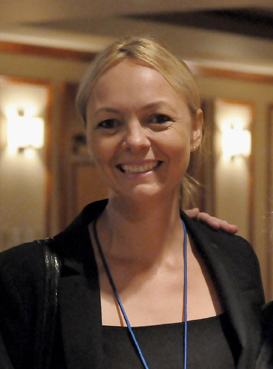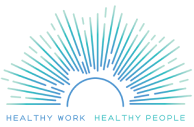This is the first of a number of blogs detailing the numerous obstacles in the U.S. to creating healthy workplaces that in turn promote healthy work.
Today the New York Times published an article by Kimiko de Freytas-Tamura (@kimidefreytas) titled “A Hospital Finds an Unlikely Group Opposing Vaccination: Its Workers“
de Freytas-Tamura describes the resistance on the part of a large number of hospital workers — at a hospital in Staten Island, NYC — to vaccinations for Covid-19. Among the reasons offered by hospital workers opposed to vaccination including the usual – it’s dangerous, untested and, as it violates individual’s civil rights: UnAmerican. A health care worker stated that 4 of 10 staff were unvaccinated. Among the explanations offered for resistance to vaccination was the following by a NYU researcher.
“Medical professionals are often trained to assess the situation on an individual basis and made (sic) a recommendation, and so the notion that there should be a universal health policy that applies to all people and that is determined by the government rather than a medical professional on a case-by-case basis, is contrary to the way they are trained to work.”
This explanation fits within the general frame of the current U.S. medical model explanation of illness, which emphasizes individual responsibility as opposed to social causation. As an example, high blood pressure (a common medical disorder afflicting more than 50% of the U.S. population) is often explained by the medical profession as the consequence of poor health behaviors including obesity, lack of exercise, failure to take one’s medications, etc. as opposed to a social explanation that high blood pressure is an illness common to industrial society, of recent origin (its prevalence has increased with industrialization and urban living) and where social and work stressors play a significant role.
In future blogs we will explore the various obstacles to achieving healthy workplaces and healthy work including ideology. Stay tuned!!!






